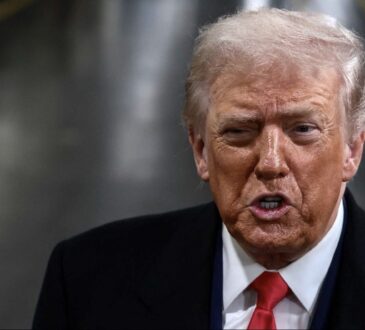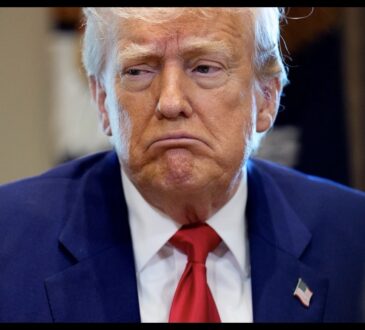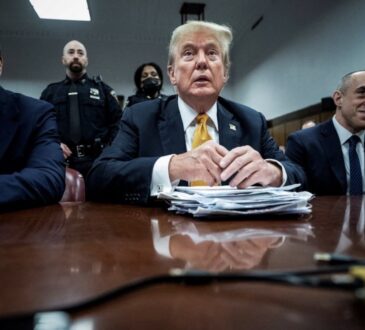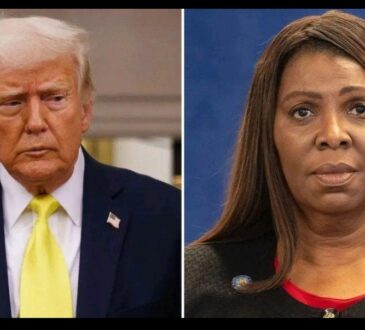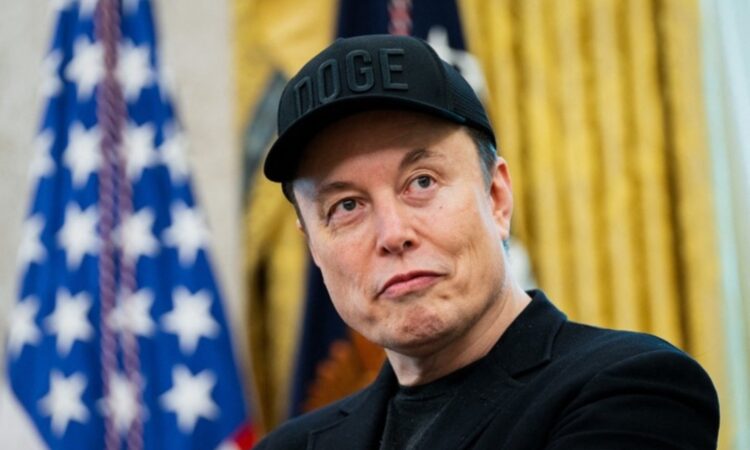
Elon Musk and his company Tesla were hit with two big legal problems on Monday. Judges in California and Maryland allowed two separate class action lawsuits to move forward—one against Tesla and the other against Musk himself.
The California case focuses on Tesla’s claims about its self-driving technology. Since 2016, Musk and Tesla have said that every new car they produced had the hardware needed for full self-driving, or “Level 5 Autonomy.” Buyers were told that all they needed was future software updates to make their cars fully autonomous. Many customers spent thousands of dollars on extra packages like “Enhanced Autopilot” or “Full Self-Driving” because they believed the technology was coming soon. One customer, Thomas LoSavio, paid $8,000 in 2017 and says he’s still waiting for the promised features, with Tesla nowhere close to delivering a truly self-driving car.
Tesla argued that it always told customers the system depended on regulatory approval and testing. But the judge decided that those disclaimers did not erase the strong impression Tesla gave—that the cars already had all the necessary hardware. Because of this, Tesla buyers in California will now be treated as a group in the lawsuit. That means the case is bigger and riskier for the company since it combines thousands of claims into one.
The Maryland case is very different. It targets Musk personally, not Tesla. Plaintiffs—including U.S. Agency for International Development (USAID) employees—accuse Musk of being involved in efforts to weaken or even dismantle the agency during Donald Trump’s administration. The lawsuit says that Musk, although never officially appointed or confirmed by the Senate, tried to influence or carry out moves that only government officials had the authority to do. The judge allowed the case to proceed as a class action, which could expand Musk’s legal exposure and force a deeper investigation into his actions.
Both rulings don’t decide guilt yet. They simply mean the lawsuits can move forward on behalf of larger groups of people, raising the stakes for Musk and Tesla. If the cases succeed, Tesla could have to refund money for its self-driving packages, and Musk could face legal consequences for his alleged role in USAID’s troubles.
The Tesla trial is expected to move forward soon, with a court conference scheduled in September. The USAID case will also continue with discovery, where more evidence will be gathered.
In short, Musk is facing increasing legal pressure on two fronts at the same time: promises about self-driving technology that still hasn’t delivered, and accusations of interfering in U.S. government operations.

